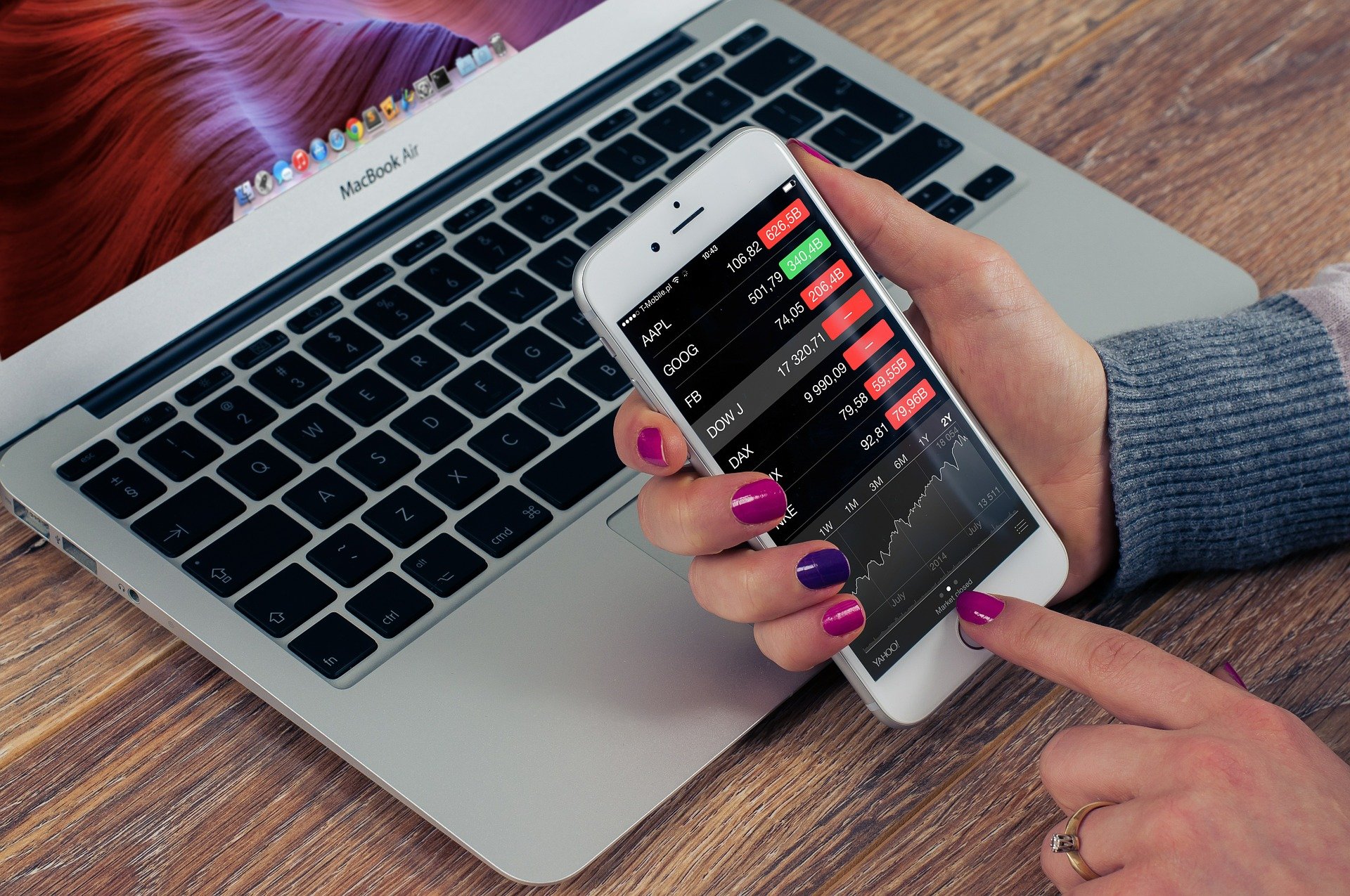
Things You Should Know Before Investing in Contract for Differences (CFDs) in 2021
The fundamental question in any discussion about CFDs is, are they profitable investments? What many people, especially beginners, do not understand is that this is a complex question. Like any investment, Contract For Differences (CFD) trading has its merits and pitfalls. You only need to know how to navigate the market.
Before venturing into CFDs, or any investment for that matter, always ensure you have three critical resources.
- An all-round knowledge of the type of trading you want to start
- Fundamental Trading skills
- A trading plan/Strategy
That said, if you are looking to profit from this type of trading, there are a few things you should know.
Why CFD is Called Second-Hand Trading
Unlike other forms of trading where there is physical buying and selling of assets, Contracts for Differences does not deal with actual commodities. Although it is structurally similar to trading stocks or forex, it is a kind of second-hand ‘contract’ that involves predicting the rise or fall of stock prices without buying anything. Essentially, all you do as a trader is to speculate market movements; whether the price of a commodity will go up and down. You gain revenue based on correctly predicting specific market outcomes. There are also some key characteristics you should be aware of;
- There is always the risk of a lack of liquidity when dealing with Contracts of Difference trades.
- Although this type of trading is easy to execute and relatively cost-efficient, it lacks proper industry regulation.
- On the plus side, you can access assets at a much lower cost, as opposed to the price of buying.
How it works
CFD is quite similar to spread betting in many regards. Essentially, there is no actual movement of assets. All investors do is place an educated guess on whether the price of specific commodities will rise or fall. As a trader, you receive revenue based on how accurate your predictions are. This trading technique suits investors with an in-depth understanding of market movement and the forces that affect it.
Let us break this down a bit more;
- A Contract for Differences trade has two parties: the buyer/trader and the Seller/broker.
- The ‘Difference’ refers to the asset price at the beginning of the contract compared to when you close the contract. In principle, this difference will be your revenue when you successfully predict the outcome of the trade.
- You, the buyer (trader), speculate the price of an asset in market conditions. If your prediction is correct at the end of the contract period, then the seller (broker) will pay you the difference. But if your prediction is wrong, then you pay the broker the difference. (Difference X CFD Units purchased)
While this sounds relatively straightforward, it is critical to note that your success in CFD trading heavily relies on whether or not an underlying asset’s price has moved in the market.
As a short-term strategy, CFD has its perks, but it is not recommended for long-term trading. Let’s look at some common mistakes that traders make when CFD trading.
Mistakes That Make You Lose Money in CFD Trading
Overtrading
Trading is not a pass-time. If you trade too much or too often, you run an enormous risk of losing more than you win. CFD trading is a volatile market, one that can turn on you at any time. Stick to your strategy, don’t try to ‘revenge trade’ when you lose and don’t trade all the time.
Overleveraging
CFD trading and leveraging are mutually exclusive. Contract of Differences trades are very popular because they allow traders to punch above their weight through leverages. Always ensure your risk to reward ratio is at 2% or less. Remember, the chances of losing are higher in this type of trading because brokers allow traders much higher leverage.
Emotional Trading
Trading only works when you are rational. Emotions are your number one enemy because they cloud your judgment and make you vulnerable to costly mistakes. Emotional trading usually occurs when you are on a losing streak and try desperately to regain your capital. Unfortunately, you will end up losing more. Even people on a winning streak over-trade when they think they cannot lose-until they do. Emotional trading is the biggest culprit in over-trading.
Advantages of CFD Trading
Contract of Differences still offers a lucrative trading opportunity for various reasons;
- More Trading opportunities
- Allows you to trade on a variety of markets: forex. Stock, bonds, shares, commodities, etc.
- It is cost-effective; derivative trading has no stamp duty.
- Has fewer regulations compared to other forms of trading.
- Greater leverage offered by brokers substantially increases potential profits.
Pitfalls
- It is not sustainable in the long-term due to a lack of strict laws
- Over-leveraging in CFDs can wipe out a traders entire investment
- Frequent fluctuations in the market or high volatility make this kind of investment perilous.
Verdict
Although many people warn against CFDs, they can be as lucrative as any investment with an effective game plan. Once you have a fundamental understanding of CFD trading skills, a good broker, and some decent l


